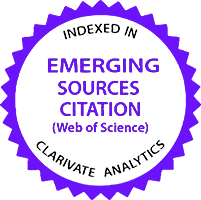Abstract—This paper focuses on the design of type-1 and interval type-2 (IT2) PID fuzzy logic controllers (FLC) for ensuring – by a programmable logic controller (PLC) – a high-performance real-time liquid level control in a carbonization column (CCl) for soda production. Firstly, Takagi-Sugeno-Kang models – derived via genetic algorithms parameter optimizations, experimental data and simulations for the basic and the worst CCl loads – are studied at different operation points, and the worst Ziegler-Nichols (ZN) model is assessed. Next, two-input fuzzy units are designed – assuming various membership functions (MF) and uncertainties – and the greatest linearization gain is computed. Based on it and the ZN worst plant model, the parameters of the FLC input pre-processing differentiator and the PI post-processing are empirically tuned. Finally, a PLC oriented analytical description of the IT2 MF, fuzzy rules and type-reduction is suggested. The designed FLC systems are studied via simulation to determine the factors that have the greatest impact on the system performance improvement. The obtained results unveil that the tuned FLC outperforms the tuned linear PI. Better system performance is achieved by a small number of MF with large support ensuring economical PLC presentation.
Keywords: Controller design; Programmable logic controller implementation; Simulations; Takagi-Sugeno-Kang plant models; Type-1 and interval type-2 PID FLC.
DOI: https://doi.org/10.5455/jjee.204-1720610452

![Scopus®_151_PNG-300x86[1]](https://jjee.ttu.edu.jo/wp-content/uploads/2024/03/Scopus®_151_PNG-300x861-1.png)
